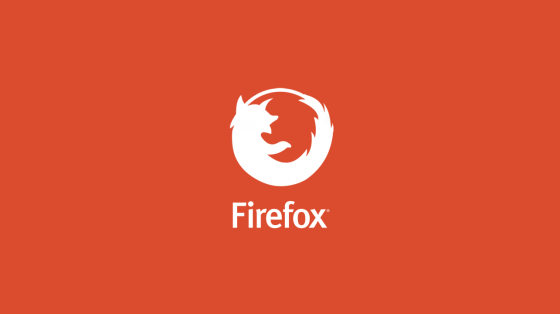 Windows 8’s controversial Metro interface has received another blow today as Mozilla has revealed that after 2 years worth of development and testing that it is shelving the Metro based version of Firefox. Microsoft launched Windows 8 with a new Metro start screen 2 years ago and developer interest in the platform has been slow. The latest snub from Mozilla is not likely to help matters either. Microsoft have been trying to entice developers to write touch friendly apps for it’s new touch interface but so far the interest has been minimal.
Windows 8’s controversial Metro interface has received another blow today as Mozilla has revealed that after 2 years worth of development and testing that it is shelving the Metro based version of Firefox. Microsoft launched Windows 8 with a new Metro start screen 2 years ago and developer interest in the platform has been slow. The latest snub from Mozilla is not likely to help matters either. Microsoft have been trying to entice developers to write touch friendly apps for it’s new touch interface but so far the interest has been minimal.
Recently Microsoft announced details for Windows 8.1 update 1 which gives users the ability to boot straight to the desktop and bypass the Metro interface all together. Along with this update there will be an option to run metro based applications on the desktop and use the taskbar to switch between them. It seems even Microsoft isn’t sure what it want’s in regards to Windows 8 either. So it comes as no surprise that Mozilla decided it just wasn’t worth their while working on a Metro version of their browser.
In a blog post the vice president of Firefox said, "On any given day, we have, for instance, millions of people testing pre-release versions of Firefox desktop, but we've never seen more than 1,000 active daily users in the Metro environment." The blog post goes on to explain that with so few people interested in this version that bug testing would take far too long as there were not enough people actively using the software to properly test it and squash bugs.
With such a big software developer giving a ‘vote of no confidence’ on Microsoft’s new interface you have to wonder what the future holds for Windows and how Microsoft will move on from this. The idea behind Metro was supposed to be to carry the Windows PC power into the tablet market, a very different strategy from Google and Apple’s approach, which expanded their smaller screen smartphone OSes to tablets. If software developers don't adopt to Metro, though, and stick only with the older "desktop" interface, it undermines Microsoft's strategy.

